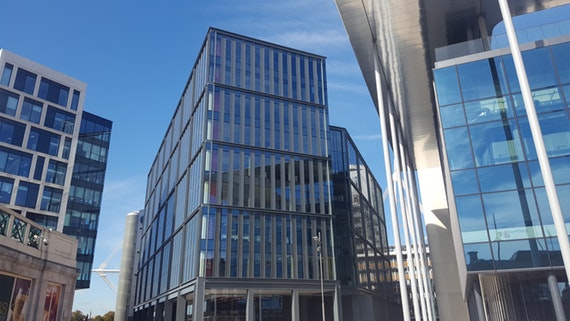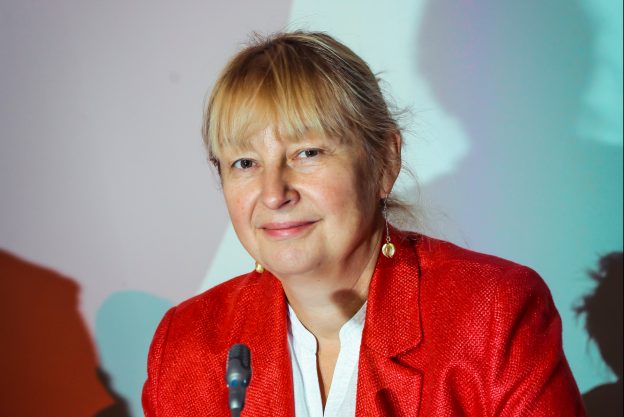“The freedom of press as an ideological construct is an ideal which accountable media should pursue.”
by Katja Lehtisaari & Janne Suutarinen
Elena Vartanova is Full Professor, Dean and Chair in Media Theory and Economics at the Faculty of Journalism, in Lomosonov Moscow State University. Her extensive research focuses on Russian media system, media economics, media theory and journalism in Russia.
Russian Media Lab’s researcher, Doctor of Social Sciences Katja Lehtisaari interviewed professor Vartanova in October 2017. This piece has not been published before, and it has been afterwards completed with more recent viewpoints and provides comparisons to the situation with Russian media one year ago.
How would you describe the greatest challenges and problems at the moment in the Russian media industry?
Vartanova thinks the problems of the Russian media industry, as a particular branch of economy, are similar to what exist also outside of Russia. The cash flows and new investments are getting fewer, and the changing market is still very unstable.
“The distribution of advertising is changing and the internet as a platform is challenging the traditional distribution of advertising. The newspapers’ income for advertising has dramatically decreased in recent years. This is relevant not only for the national press, but also for the regional press.”
The transform in media markets has struck also for example magazines, as well as produced shifts in the overall habbits of media consumers. The general monthly audience of Yandex, Russia’s most popular internet search engine, topped the numbers of ‘Pervyi kanal’ (Channel 1), the leader of the country’s top three main television channels in 2012.To Vartanova, this is an indicator of the growing importance of advertising.
The second challenge of Russian media industry would be legislative one, Vartanova says. Continue reading →


